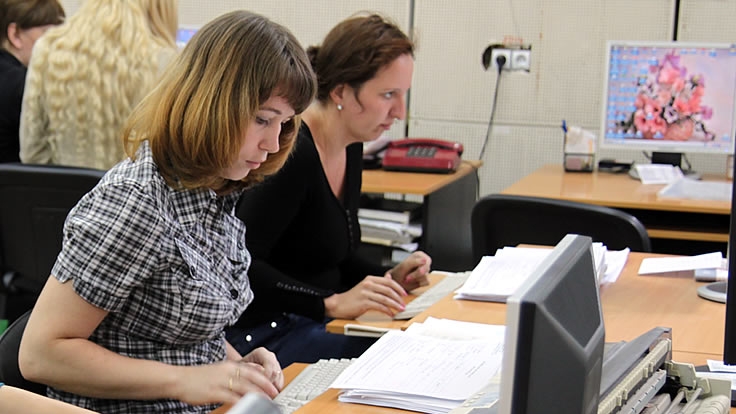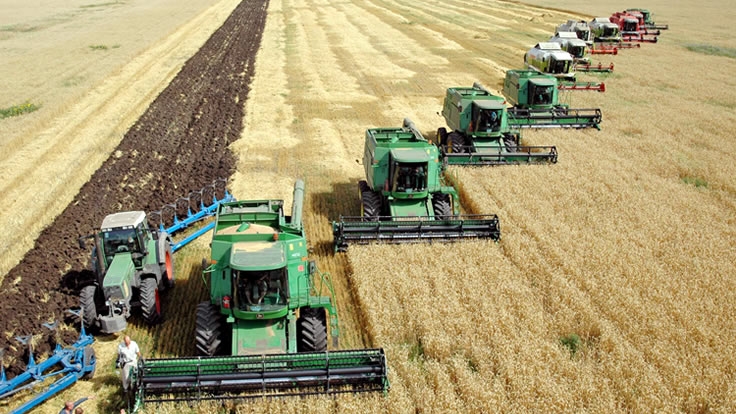Counting People
But the biggest challenge for the SSSU is the all-Ukrainian population census in 2013. The census will map recent demographic trends in the country, charting, for example, a decline in population, which has shrunk by more than 6 million people since 1990.
All of the SSSU's data is available to anyone on the agency's web site. The web site also provides information for political and social analysis. Liudmyla Cherenko researches poverty and its trends, and her work is utterly dependent on accurate statistics. "The main source for researching the problem of poverty and living standards is the data on living standards of Ukrainian households produced by the Statistics Service," she says. "It is worth improving a methodology of collecting the data, but the survey of Ukrainian households is the basis for writing reports to the local policymakers and to the scientific community." Cherenko heads the Department of Living Standards Research at the Institute for Demography and Social Studies, National Academy of Sciences of Ukraine.
Information Gathering is Key
To improve its capacities, the State Statistics Service has invested in training its staff and in strengthening its computer network. "We have significantly modernized our corporate network. Thanks to that we have sped up data transmission. We have also connected all our regional offices with an optic fiber," says Olena Puzanova, the head of the Department of Informational Technologies at the State Statistics Service, while showing off the newly built server room. And, with further support from the World Bank, the SSSU plans to enlarge and better equip its server room and its capabilities.
"The collection of information is an important stage in statistics and the main part of it we do on the local level. Information is gathered by rayon (district) offices and oblast (regional) offices," explains Raisa Vilenchuk, who runs the Kiev Local Statistics Office. She leads the largest local statistics office in Ukraine, which collects the largest bulk of numbers, including financial data about economic activities of local enterprises.






